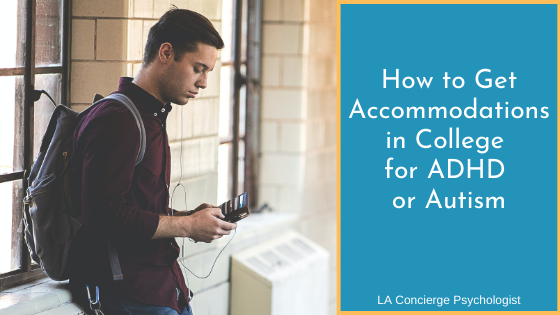Chances are, you’ve spoken to your teen’s teachers or school administrator at least once. More likely, you’ve probably communicated with your teen’s school numerous times over the years. You’re used to being in the loop. That’s why so many parents are shocked when they learn that they have no access to your college kid’s academic records. Colleges are subject to a federal law called the Family Educational Rights and Privacy Act (FERPA). FERPA sets privacy standards for student educational records and information. Now that your child is an adult in the eyes of the law, FERPA protects their privacy from everyone… including you!
FERPA can be a confusing concept for parents. So hopefully this list of frequently asked questions will help you navigate what you can and cannot access.
What does FERPA cover?
Generally speaking, FERPA covers access to students’ education records. It also covers discussions regarding the information contained in those education records. Most schools define education records fairly broadly. For example, one university states that they are “any records maintained in any form or medium by the University that are directly related to a student.” If that sounds like basically everything, then you’re right. Almost all information about a student that is held by or for the college falls under FERPA.
Can I access student records or discuss information about my child with the college?
The short answer is no. With some exceptions, FERPA requires that a student provide prior written consent to share education records with any outside parties. Although you’re their parent, you fall under the category of outside parties. So, if you’re itching to get your hands on your college kid’s records or want to speak with any of their professors, advisors, or resident assistants, then your child will need to complete a release of information form.
But then how can I find out my college kid’s grades?
There are ways to access your college kid’s grades without them having to sign a FERPA waiver. I’ve had clients share their online portal username and password with their parents, so parents could check-in on grades whenever they wanted. Sometimes asking for usernames and passwords feel intrusive, though. So it may be best to just ask your emerging adult to share their grades with you once they receive them. A quick picture sent via text could do the trick. Whatever you end up doing, remember the goal of the college years is for your child to continue becoming more independent and fully adult.
Will I be notified if my child is on academic probation?
Unfortunately, without a waiver, no. Colleges directly tell students if they get on academic probation. They’ll also include any information about any conditions attached (e.g., how many semesters on academic probation before they’re asked to leave). Most college kids will share this information with parents in a panic, but not all do. You know your child best. Are they the type to withhold important information like that out of shame or embarrassment? Or do they reach out for support when struggling?
Will I be notified if my college kid is hurt or in danger?
FERPA allows colleges to notify parents if their child is in serious danger of hurting themselves or others (i.e., suicidal or homicidal intent). However, it does not require schools to do this. Though, I think it would be rare that a college wouldn’t inform parents in this kind of situation.
Also of note, those situations are also an exception to confidentiality within a medical or mental health setting. Though, this does not mean you would be informed if your child is seeking general medical attention or therapy. Confidentiality related to medical records (of which mental health records are considered a part of) are regulated by the Health Insurance Portability and Accountability Act of 1996 (HIPAA). So, even if your child has signed a waiver regarding FERPA, they would need to sign a separate HIPAA-related waiver for medical records.
What about if my child breaks the law or some university policy? Will I be notified?
Again, FERPA allows but does not require disclosure to parents. And, similarly, I think it’s less likely that an institution doesn’t notify parents if a student violates their policy. Though, there may be differing policies about breaking the law, depending on the school. If you’re worried about this kind of situation, check with your college kid’s specific school to see what their FERPA policies are.
Click here for more information on College Transition and Gap Year Consultation.
Unsure how to handle privacy issues with your college-bound kid? Contact Dr. Crystal I. Lee for a free 20 minute consultation to see how she can help.



